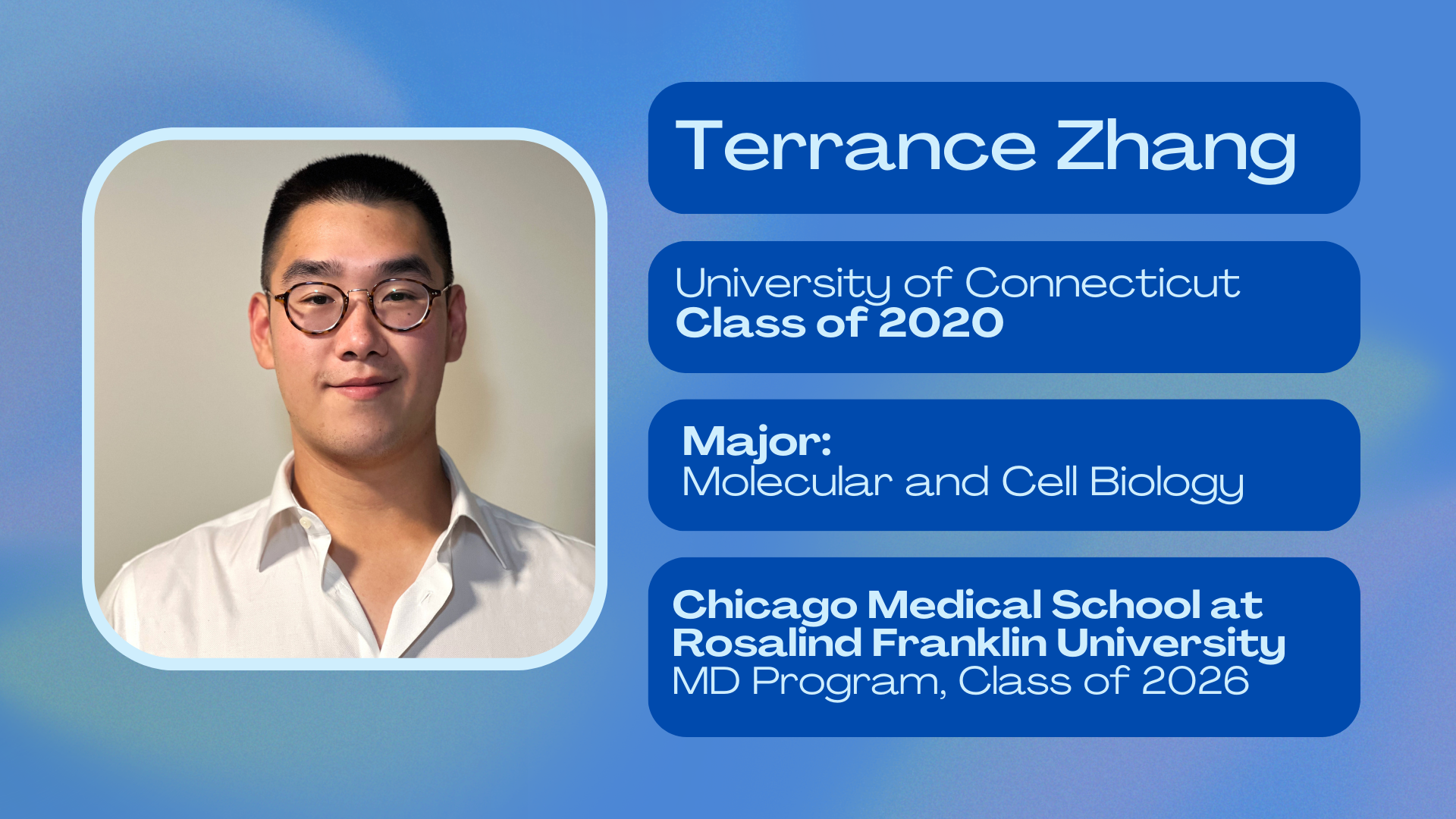Why did you choose to pursue a career in healthcare?
My interest in medicine originated as a penchant for the sciences, but it also stems from roots deeply embedded in my role as a pundit for self-defense. However, I quickly realized that the questions I was being asked were not ones I could safely and confidently provide solutions to. I worked closely with healthcare professionals, martial artists, and law enforcement to provide for my community. Looking after my friends and family through times of uncertainty and life-threatening events taught me that beyond medicine's technical and intellectual requirements lies an obligation to effectively assess and respond to concerns, conflicts, and emotions. While my initial drive to become a doctor stemmed from my desire to study and heal tangible ailments, I was taught that I could also heal invisible wounds. After years of practicing Krav Maga and working alongside physicians, I adopted their respective mottos “So that one may walk in peace” and “First, do no harm” as part of my personal ethos. While built upon seemingly polar itineraries, both sides play significant roles in my life as they strive to maximize their impact on others. At the very core of medicine and self-defense lies the common foundation of intellectual breadth and service to others. I strive to become a physician that fights for others because I have found the strength to raise my voice for those in need. (Short Answer): My interest in medicine originated as a penchant for the sciences, but it also stems from roots deeply embedded in my role as a pundit for self-defense. However, I quickly realized that the questions I was being asked were not ones I could safely and confidently provide solutions to. I worked closely with healthcare professionals, martial artists, and law enforcement to provide for my community. After witnessing active shootings, the death of beloved ones, and the burden that others carried, I adopted the respective mottos “So that one may walk in peace” (Krav Maga) and “First, do no harm” (medicine) as part of my personal ethos. While built upon seemingly polar itineraries, both sides play significant roles in my life as they strive to maximize their impact on others. I strive to become a physician that fights for others because I have found the strength to raise my voice for those in need.
What were some meaningful extracurricular activities that you were involved in while at UConn?
Krav Maga (Self-Defense), Volunteer patient representative, and Research.
What were some challenges you have faced along your healthcare journey so far, and how have you overcome them?
Think of the premed path as one of personal growth rather than one of fulfilling requirements. I spent too many semesters balancing a 23+ credit load with leadership obligations, volunteer work, and research. Oftentimes, it's too easy to take advice at face value and morph yourself into a "cookie cutter" student. Remember that physicians are people, not robots. Know when not to man up. If you ever feel stuck, sometimes it's best to look yourself in the eyes, set your ego aside, admit defeat, and start all over again. There is nothing outside of yourself that can ever enable you to get better, stronger, richer, quicker, or smarter. Everything is within. It's already there. You just have to find your way of living and overcome your current limitations. Do things that you genuinely care about because nobody else can live your unique life and tell your unique story. Also, don't overthink things. A quick Google search will tell you that admissions committees don't really put much weight in your double major, academic rigor, or role as a TA. They want to see a high GPA/MCAT, clinical exposure, and character.
What did you do during your growth year(s) and what did you learn?
Microbiologist at Unilever; Research Assistant for both UConn and Yale; Krav Maga instructor.
What advice do you have for aspiring pre-health students?
Be yourself because nobody else can tell your story. GPA, MCAT, clinical exposure, and character are the most important factors in medical school admissions by far. It isn't worth sacrificing your GPA because you want medical schools to see your rigorous schedule.

